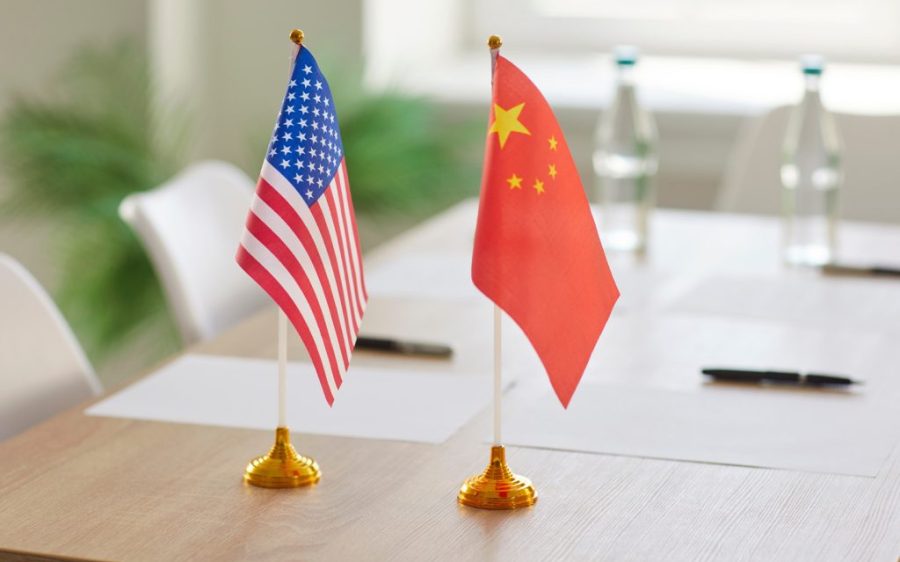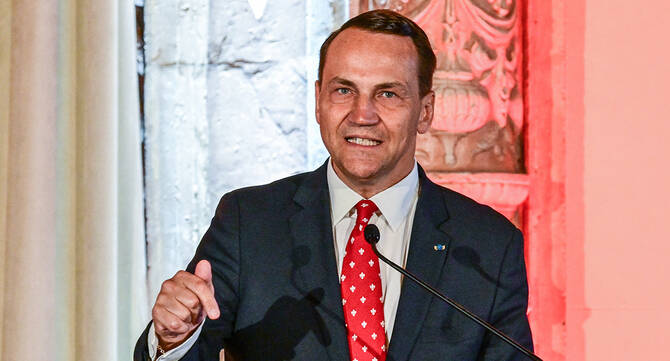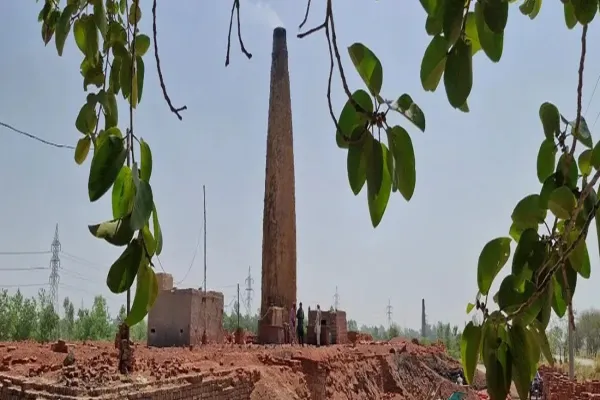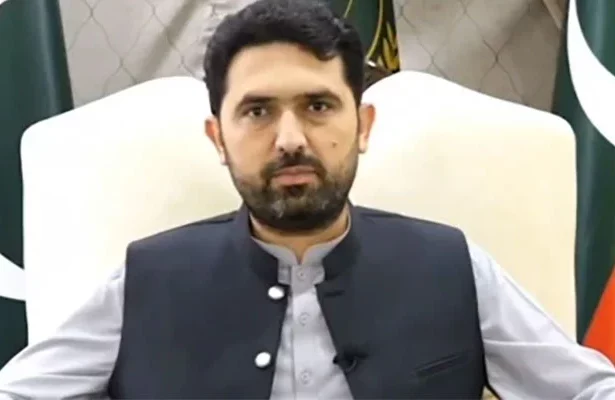The Defence Ministry stated that the trials of civilians in a military court are a matter of the country’s security rather than a matter of ego. Military trials for civilians: The Ministry of Defence told the Constitutional Bench (CB) that military trials for civilians are not about the army's authority. Instead, they are necessary when …
Civilians In Military Trials: National Security vs. Legal Rights

The Defence Ministry stated that the trials of civilians in a military court are a matter of the country’s security rather than a matter of ego.
Military trials for civilians:
The Ministry of Defence told the Constitutional Bench (CB) that military trials for civilians are not about the army’s authority. Instead, they are necessary when national security is at risk. The ministry clarified that this is not a matter of ego but of safeguarding the country. Justice Aminuddin Khan led a seven-judge bench. The bench is reviewing 38 appeals. These appeals challenge the Supreme Court’s (SC) October 23, 2023, ruling. The federal and provincial governments, along with the Shuhada Forum Balochistan, have questioned the verdict.
Court’s stand on military trials:
Justice Aminuddin stated that the apex court’s earlier ruling, which declared Sections 2(1)(d)(i) and (ii) of the Pakistan Army Act (PAA) invalid, was incorrect. He agreed with the Ministry of Defence’s stance on the issue. Justice Jamal Khan Mandokhail stressed that the Constitution is supreme. He said that even parliament must function under the Constitution. He also pointed out that the Army Act was originally meant to maintain discipline within the military ranks.
Authority over military trials:
Defence Ministry counsel Khawaja Haris Ahmed argued that only parliament can decide where Pakistan Army Act provisions apply. He said the judiciary should interpret the Constitution as a whole instead of focusing on specific clauses. Justice Mandokhail questioned whether parliament could add more clauses to bring civilians under military laws. The counsel responded that this issue was not currently under the court’s review.
Also Read: Military Trials For Civilians: Constitutional Debate On Legality
Justice Mandokhail also raised concerns about Article 8(3)A of the Constitution. He asked if its exemption of fundamental rights enforcement applied only to the armed forces or also to civilians. The defense counsel clarified that the article primarily applies to the military. However, civilians could fall under it in special circumstances.
Justice Musarrat Hilali expressed frustration over the lack of clear answers despite the case being in court for a year. She questioned whether military courts come under Article 175(3), which demands the separation of the executive and judiciary.
She also asked if military courts function like regular civilian courts. The defense counsel promised to answer these concerns after addressing other judges’ questions. The court then postponed further proceedings until April 7.











